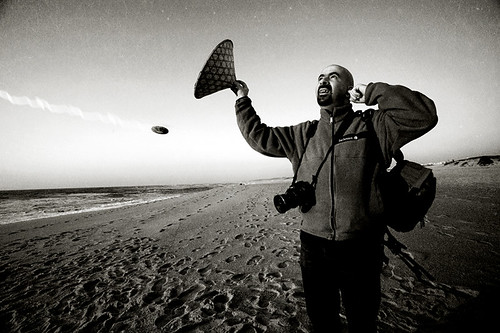It’s good to be back! My absence from this blog has been due to a move. My broadband has not been connected and despite the fact that their are plenty of wifi networks none are open – what is the world coming to? Don’t people agree with this?
Anyway this is not what I was going to write about. While catching up on my reading I came across a list of 11 things that will enhance the lecture experience, the list included some very good tips. Number 8 is my favourite:
Listen. Yes, I know you’re supposed to listen, but engage with your own mind as the lecture moves along. Ask yourself questions, try and evaluate points through what you already know, get involved in the meat of the topic even though you’re just listening to another person speak.
This is really a good reminder even when listening outside the lecture hall. In my case this is especially true if I am on the phone since my mind tends to wander…
Check out the entire list at The University Blog.






